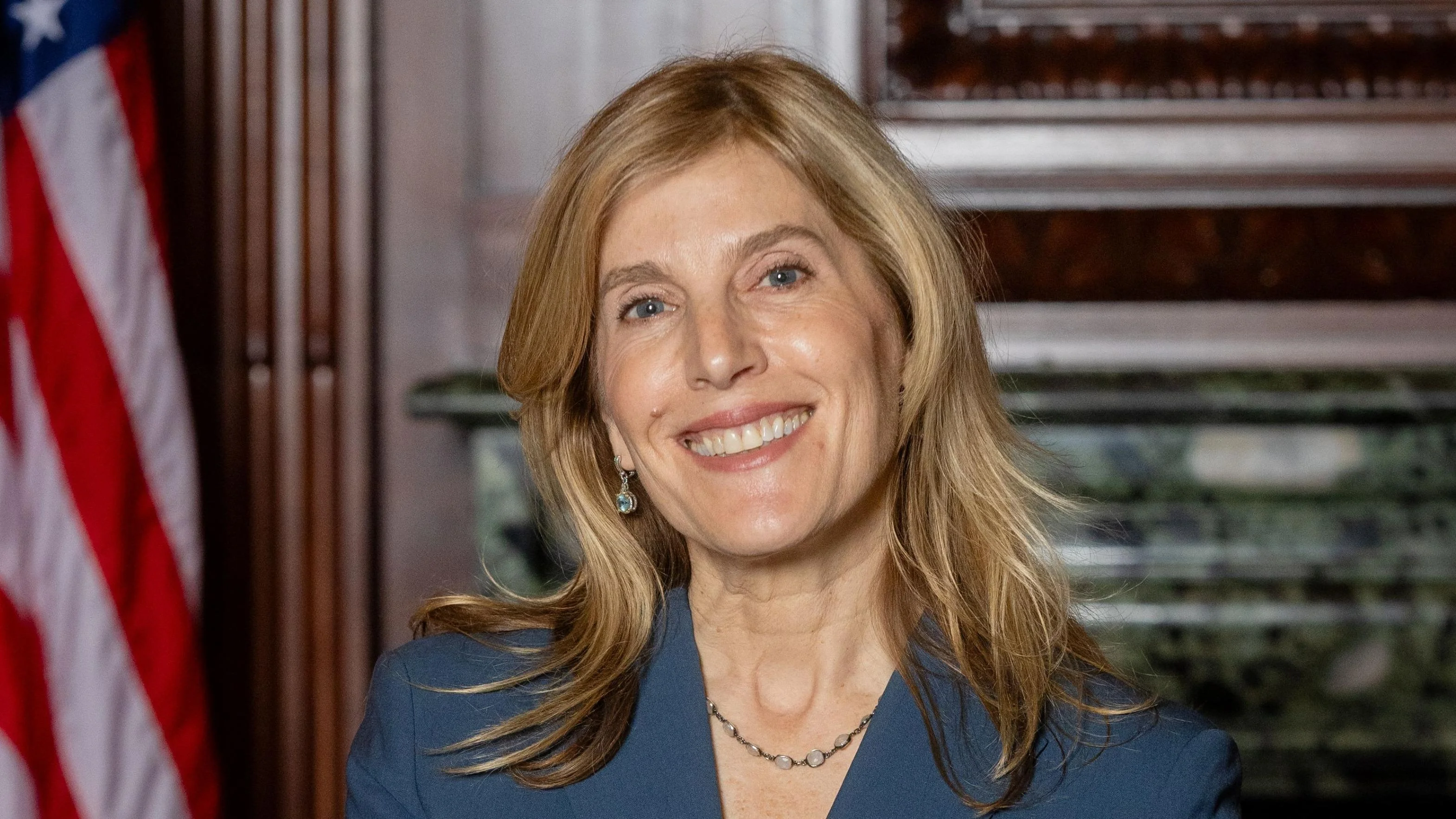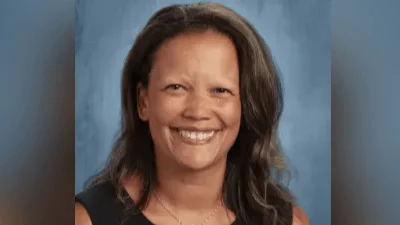Jodi Habush Sinykin, Wisconsin State Senator for 8th District | Official website
Jodi Habush Sinykin, Wisconsin State Senator for 8th District | Official website
According to the Wisconsin State Legislature's official website, the bill was described as follows: "designating the rusty patched bumble bee as the state native insect".
The following is our breakdown, based on the actual bill text, and may include interpretation to clarify its provisions.
In essence, this bill designates the rusty patched bumble bee, scientifically known as Bombus affinis, as the state native insect of Wisconsin. It also mandates that the Wisconsin Blue Book, a comprehensive source of the state's facts and symbols, include information about this newly designated state symbol alongside other state symbols such as the state song, dance, beverage, and various state animals and plants. This action is part of an effort to recognize and preserve the wildlife heritage of the state. There is no specified effective date in the bill's text.
The bill was co-authored by Representative Deb Andraca (Democrat-23rd District), Senator Dora E. Drake (Democrat-4th District), Senator Melissa Ratcliff (Democrat-16th District), Senator Kelda Roys (Democrat-26th District), Senator Jeff Smith (Democrat-31st District). It was co-sponsored by Representative Margaret Arney (Democrat-18th District), Representative Elijah R. Behnke (Republican-6th District), and Representative Jill Billings (Democrat-95th District), along 29 other co-sponsors.
Jodi Habush Sinykin has authored or co-authored another 49 bills since the beginning of the 2025 session, with all of them being adopted.
Sinykin graduated from the University of Michigan in 1989 and again in 1992 from Harvard Law School with a JD.
Sinykin, a Democrat, was elected to the Wisconsin State Senate in 2025 to represent the state's 8th Senate district, replacing previous state senator Dan Knodl.
In Wisconsin, the legislative process starts when a senator, constituent, group, or agency proposes an idea for a bill. After drafting, the bill is introduced, numbered, and referred to a committee for review and public input. If approved, it moves through three readings and votes in both the Senate and Assembly. Once both chambers pass the same version, the bill goes to the governor, who can sign it, veto it, or let it become law without a signature. Only a small share of bills introduced each session ultimately become law. You can learn more about the Wisconsin legislative process here.
| Bill Number | Date Introduced | Short Description |
|---|---|---|
| SB319 | 06/12/2025 | Designating the rusty patched bumble bee as the state native insect |
| SB301 | 06/02/2025 | Rehired annuitants. (FE) |
| SB298 | 05/30/2025 | Ban on the use of certain insecticides by the Department of Natural Resources |
| SB297 | 05/30/2025 | Special registration plates to support protecting pollinators and making an appropriation. (FE) |
| SB294 | 05/30/2025 | Labeling plants as beneficial to pollinators. (FE) |
| SB292 | 05/30/2025 | Local regulation of pesticides to protect pollinators |
| SB232 | 04/29/2025 | Grants to child advocacy centers. (FE) |
| SB212 | 04/16/2025 | The form of referendum questions |
| SB175 | 04/03/2025 | Local building permit fees for certain improvements of residences of disabled veterans. (FE) |
| SB150 | 03/21/2025 | Passing legislation to reduce carbon emissions |
| SB122 | 03/07/2025 | Limitations on the total value of taxable property that may be included in a tax incremental financing district created in the city of Port Washington. (FE) |


 Alerts Sign-up
Alerts Sign-up